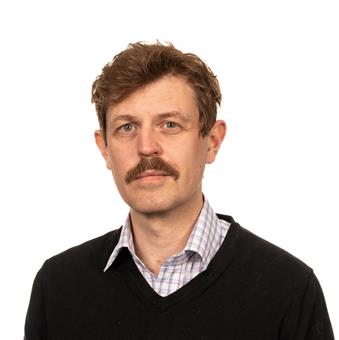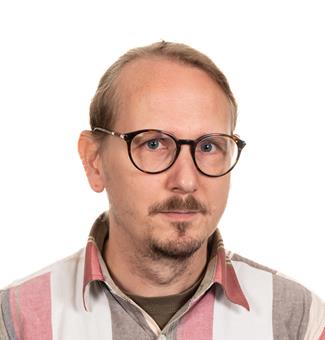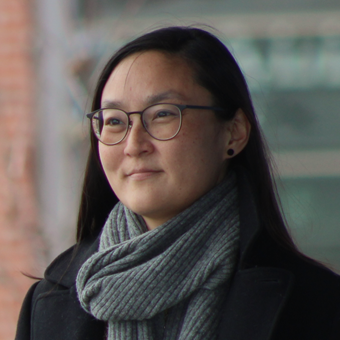Over the coming years, the hub will arrange open seminars and conferences both in Swedish and English that cover the theme area from different viewpoints. We welcome all LiU researchers that are interested in how apocalyptic imaginaries constitute parts of our current society, both in Sweden and internationally. Our activities will of course also be open for and invite researchers outside LiU.
LiU hub for apocalyptic and post-apocalyptic imaginaries
The LiU hub for apocalyptic and post-apocalyptic imaginaries is a meeting point for a seminar series and cross-disciplinary collaboration.
Over the coming years, the hub will arrange open seminars and conferences both in Swedish and English that cover the theme area from different viewpoints. We welcome all LiU researchers that are interested in how apocalyptic imaginaries constitute parts of our current society, both in Sweden and internationally. Our activities will of course also be open for and invite researchers outside LiU.
About us
A part of a large research program
The LiU hub for apocalyptic and post-apocalyptic imaginaries is a part of the large research program At the end of the world: A transdisciplinary approach to the apocalyptic imaginary in the past and present, led by prof Jayne Svenungsson at Lund University and financed by Riksbankens Jubileumsfond 2023–2028.
The program interrogates the use of apocalyptic imagery in historiography, legal-political thought, and populist rhetoric, but also the deployment of apocalyptic tropes in debates about AI, climate change, and migration.
Drawing on multiple methodological skillsets from everything from biblical and religious studies to history, art and visual studies, law, political science and media and communication studies, At the end of the World taps into resources from the vast history of apocalyptic thinking and the biblical tradition to expose the deeply rooted, but largely unconscious ways in which apocalyptic imagery resurfaces in articulations of today’s cultural and political challenges.
A part of the European centre
Through the RJ program, the LiU hub is also connected to the leading European Käte Hamburger Centre for Apocalyptic and Post-Apocalyptic Studies (CAPAS) in Heidelberg, Germany.







